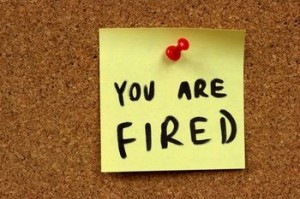Are Millennials Really Ready for the Workforce?
Thursday, July 25th, 2013 We’ve all heard stories about younger job applicants’ conduct during interviews: from being unprepared and texting, to having their mothers call the interviewer—some behavior ranges from annoying to bizarre. Has the millennial generation somehow missed the memo on how to be prepared for the workforce?
We’ve all heard stories about younger job applicants’ conduct during interviews: from being unprepared and texting, to having their mothers call the interviewer—some behavior ranges from annoying to bizarre. Has the millennial generation somehow missed the memo on how to be prepared for the workforce?
Many 20-somethings are new at this work thing. They came of age during the recession, when typical teenager jobs like flipping burgers or scooping ice cream were going to more seasoned, older workers desperate for a paycheck. They haven’t experienced typical job pressures of showing up on time, doing what they’re told and carrying themselves with some sense of professionalism.
Plus, millennials have a different approach to the workplace altogether, which may strike older generations as odd. In fact, a major human resources company conducted a recent survey which showed that 66% of hiring managers don’t believe recent college graduates are prepared for the workplace. In other words, most hiring managers don’t think millennials can land and keep a job.
Others disagree, saying that the younger generation’s affinity for collaboration and dedication to causes will make them ideal trainees. They may be better at working on and building teams, and demonstrate greater loyalty—especially when made to feel that they are part of something bigger. However, this group was also stung by seeing friends and family struggle with job searches after being laid off during the recession. As a result, they may tend to mistrust employers.
Since millennials will eventually make up the bulk of the working-age population, hiring managers and business owners will need to figure out how they fit into their worker mix. As a group, they are well-educated and technically savvy. With clear direction and loyalty from their employers, they could become just as successful as previous generations.








